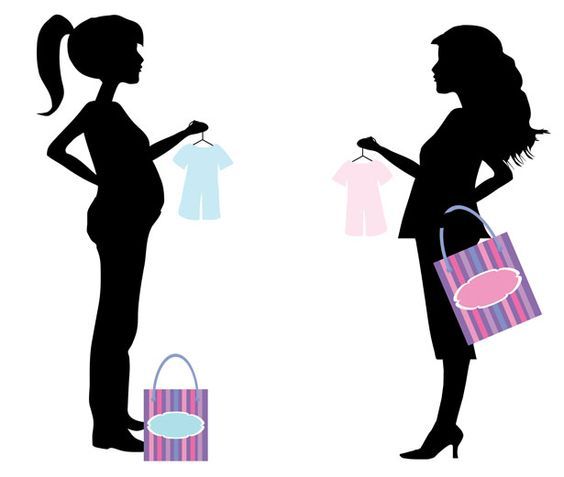Shopping has become an integral part of our life. If you like traveling and go to different places, it's hard not to notice shops and markets everywhere, in all the districts of every city. You go to a popular tourist place and you are surrounded by the sellers offering you all types of things. The problem is that this stuff is quite unnecessary, but it's hard not to fall into the seduction of buying something for the sake of buying, especially if it's not that expensive. You can find lots of cheap earrings, mugs, scarfs with bright colors, and the sellers give discounts if you buy more than one thing and advertise their goods in all possible ways. I often tell myself that I will not fall into the trick of buying for the sake of buying unnecessary and cheap things, but then I catch myself making that purchase and realizing afterward that I don't need the thing I've just bought. Why do such things happen? And is buying for the sake of buying a kind of a new addiction?
The research shows that more and more people have a constant urge to buy something, which grows to the level of obsession. According to the psychologists, the people with lower self-esteem tend to buy more stuff. The ritual of going shopping also releases the tension and negative emotions, which might be good at times, but not when it happens too often. We are all compulsive buyers as buying, like food or any other type of entertainment, triggers good emotions and makes us feel better. But quite often we might regret the purchase later having realized that we didn't need the things we've bought and had wasted the money.
Another problem with mindless buying is that often, especially if the income is not that high, we tend to buy rather cheap things. And, of course, the quality of those things is not going to be the best. There is a proverb saying "buy quality and cry once, buy cheap and cry forever." Of course, we might buy more cheap things and get satisfaction from the process of buying. But that's the first step towards getting addicted to shopping. You visit some tourist places, buy unnecessary cheap things, go to another tourist destination, buy some more stuff, - and here you go, the circle gets closed, and there comes a point, in which it gets too hard to control oneself. Besides, as the proverb suggests, it's much better to buy less frequently, but good-quality things rather than accumulate low-quality ones. Especially it's true regarding the clothes and shoes. Since I like traveling a lot, and most of the time I am walking around the city, I can tell from my own experience that good quality shoes and clothes are going to make a difference. That's why I am a proponent of quality over quantity, and I do think that it's much better to buy good-quality goods that you need. Of course, they are going to cost more, but there are always the options of having the price a bit reduced. There are some seasonal sales with good cost reduction or some discount coupons, for example, one can find and use Nike promo code for buying good-quality sports items for a good price, etc.
Once, when I was in the US, I asked one of my friends why the price for some type of food was so low, and he replied: "You'll just get what you've paid for, and if you want something better, you'll have to pay more." It's about making a choice, and I think it's always better to make it in favor of quality rather than quantity. Besides, there are not so many things we really need, and buying something less frequently and of better quality will likely help break the chain of compulsive buying.

